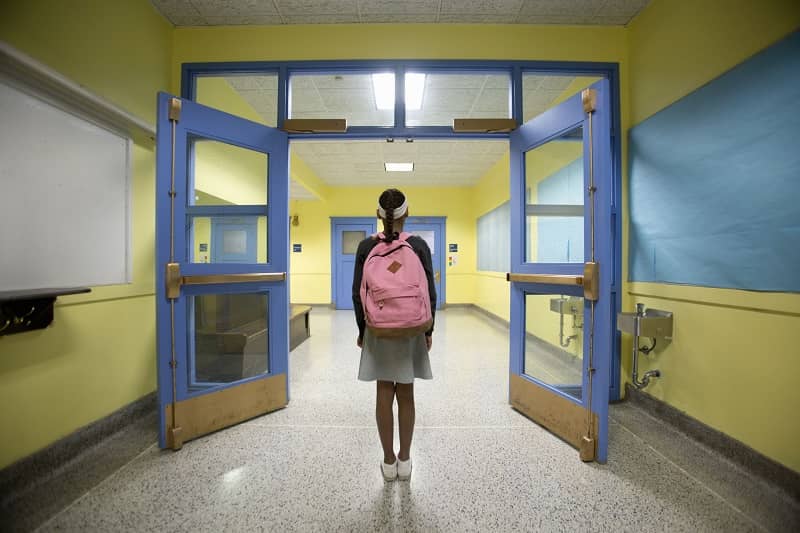Click the play button to hear the audio commentary
Oregon received around $121 million for education as a result of the federal stimulus bill passed earlier this year. According to the U.S. Department of Education, the stimulus funds are intended to save jobs at risk of budget cuts and to advance education reforms.
According to the Department of Education, in order to receive these funds, the Oregon government promised to “collect, publish, analyze and act on basic information regarding the quality of classroom teachers, annual student improvements, college readiness, the effectiveness of state standards and assessments, progress on removing charter caps, and interventions in turning around underperforming schools.”
Yet the legislature is contemplating a bill that would directly violate this promise to make “progress on removing charter [school] caps” and to act based on student improvements and teaching quality. Senate Bill 767 would cap virtual charter schools at their current sizes for two years and forbid any contract renewals during that time. Accordingly, it would shut down Oregon Connections Academy, the largest virtual charter school, with around 2,700 students.
Senate Bill 767 would also ignore Oregon’s promise to act based on the quality of student improvements and teaching effectiveness. Parents of students enrolled in the program are adamantly explaining that virtual school has helped their child succeed where they could not succeed in regular public school before, often because of learning disabilities or health issues.
If Oregon is to fulfill its promises and not risk losing future stimulus funding, then the legislature must not pass Senate Bill 767.













